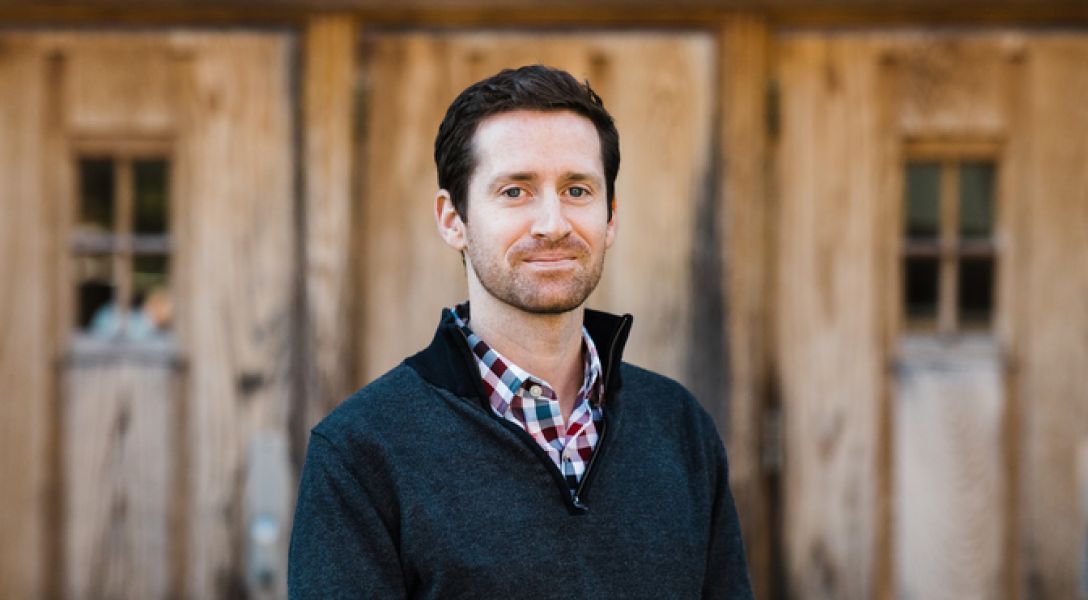Joe Guinness is an assistant professor in Cornell's Department of Statistics and Data Science. He studies modeling and computational issues that arise in the analysis of large spatial-temporal datasets, with a focus on applications in earth sciences, including soil, weather, and climate. He teaches a graduate course in spatial statistics.
Talk: Spectral Methods for Multivariate Spatial-Temporal Data
Abstract: We propose computationally efficient methods for estimating stationary multivariate spatial and spatial-temporal spectra from incomplete gridded data. The methods are iterative and rely on successive imputation of data and updating of model estimates. Imputations are done according to a periodic model on an expanded domain. The periodicity of the imputations is a key feature that reduces edge effects in the periodogram and is facilitated by efficient circulant embedding techniques. In addition, we describe efficient methods for decomposing the estimated cross spectral density function into a linear model of coregionalization plus a residual process. The methods are applied to two storm datasets, one of which is from Hurricane Florence, which struck the southeastern United States in September 2018.



